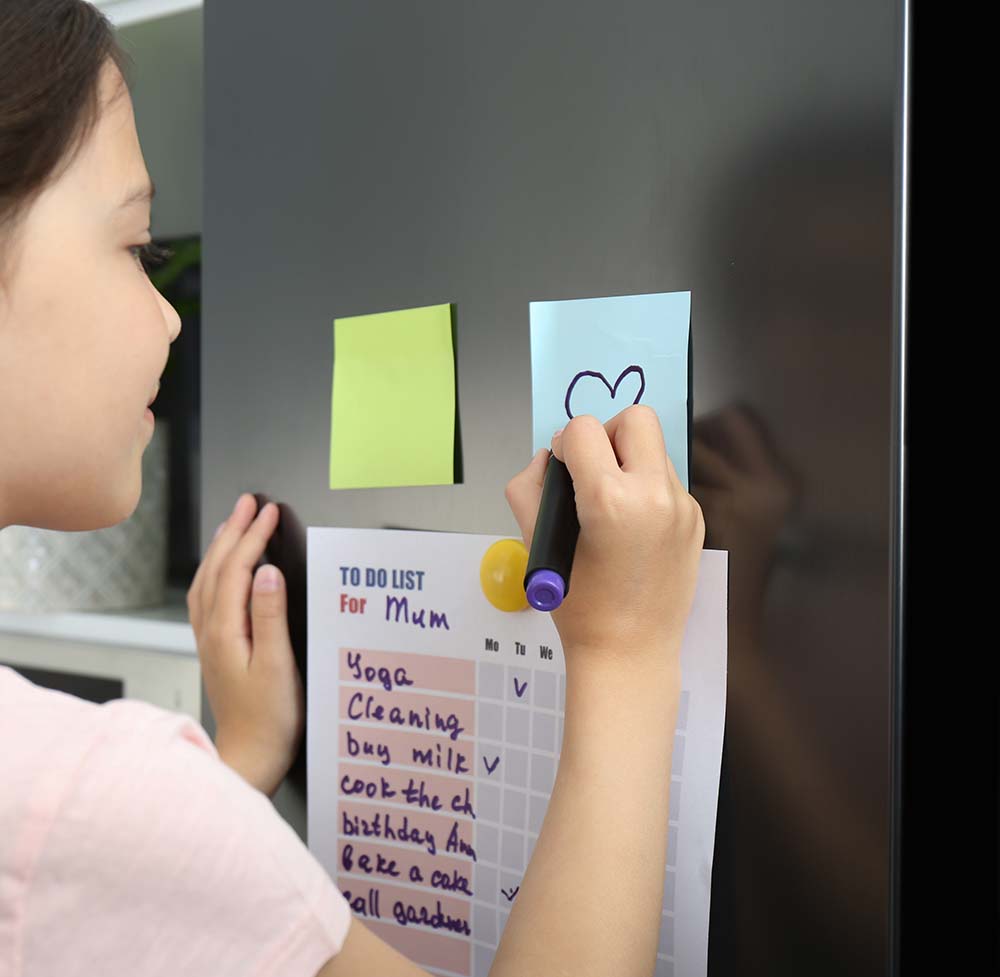At times, kids and routine can be like two poles apart. Having said that, once they familiarise with a set routine in their lives, things get easy from there. Before delving further into the process of setting it, the concept of routine and schedule have to be first explained and understood. A schedule is a set of activities that we perform during a particular day to be completed at a given time, whereas a routine offers flexibility and caters around our daily habits.
Children often mirror their parents, so it is essential that the parents also have a schedule in place. Here are some simple ways to get started and put an effective routine in place.
Involve the child while making the routine
Let your child be a part of the decision-making process. This could become a fun activity for them, as opposed to tasks assigned to them by their parents. If given a choice about when they want to do what, it will be harder for them to refuse doing it, as they chose it themselves.

Put the routine in writing/use visuals
Kids need multiple reminders just like adults, (which is why we came up with to-do lists). Younger kids wouldn’t know how to tell the time, using visuals or drawings of their favourite cartoon character portraying what has to be done can be quite helpful. For older kids, parents can get creative by posting sticky notes (with funny doodles) at places which will be frequented by the child, such as the refrigerator, mirror or study desk.
Setting up realistic routines
If the routine gets even a tad bit elaborate, it may seem daunting to the child. It has to be basic and more importantly, reasonable. While everything on the list may seem necessary, prioritising tasks is key. At the end of the day, you’d rather the routine be followed as far as possible.
Explain the routine
Once the routine is set, make sure that you take the kid through it and be clear in setting out the order of things, what is expected of them and what cannot be skipped. To put them in the pattern of a routine, go easy and break down the tasks for them. For instance, instead of telling them to clean their room at one go, try telling them to make their bed, for starters.

Appreciation matters
Kids take time to learn and adjust to new routines. Nudging them with gentle reminders is inevitable, so when you see them making small improvements, praise their efforts. It will only encourage them to be on track and follow the routine.